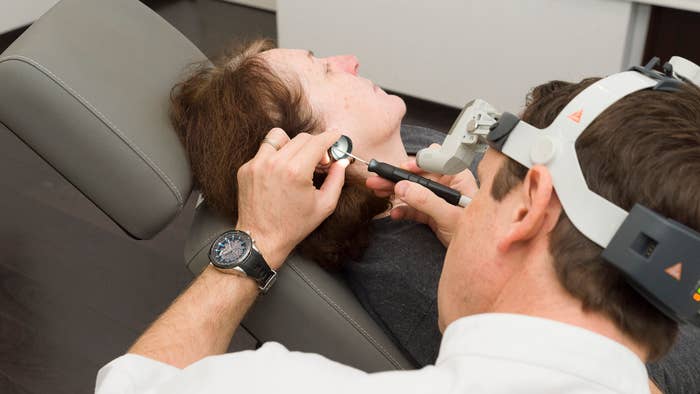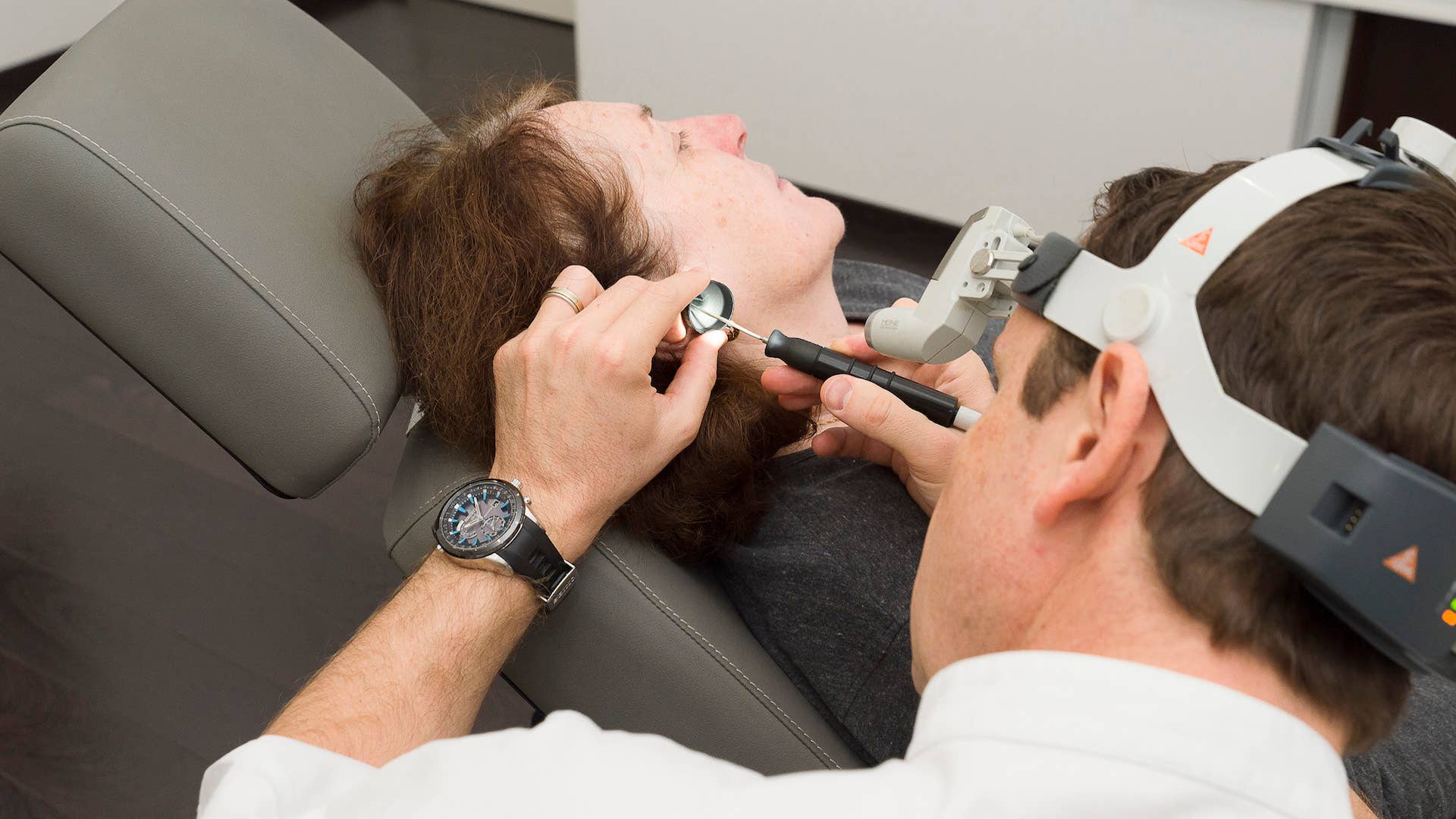
Earwax might be gross, but scientists are getting behind a test that measures patients' stress levels through the unsightly substance.
Per The Guardian, the test measures levels of the stress hormone, cortisol, which can build up in a person's earwax. A psychiatrist at University College London Institute of Cognitive Neuroscience, Dr. Andres Herane-Vives, is interested in seeing how raised or lowered levels of cortisol can impact the body. So, he helped develop a test that can see the amount of cortisol a person produces through their earwax.
BBC describes cortisol as the "fight or flight" hormone. It sends alarms to the brain when a person encounters a stressful situation to trigger their instinctual response. Cortisol is known to impact every system of the body including digestion and sleep. But, some experts also believe that cortisol could play a role in anxiety and depression which can be further studied through Herane-Vives' test.
Cortisol can be measured through the blood but it only gives a small picture of how much of the hormone is produced. It can also be extracted from hair follicles, but one would need to produce at least 3 cm of hair for testing. As a result, Herane-Vives believes earwax testing will provide a more "more stable" description of cortisol's impact.
Herane-Vives was able to create a swab with a "break" in it so that the wax can be extracted without damaging the eardrum. Though the study is in its early stages, the researcher hopes to establish an "objective biological measure" for psychiatric conditions. It could also be used to measure other things such as glucose levels and/or antibodies against viruses.

